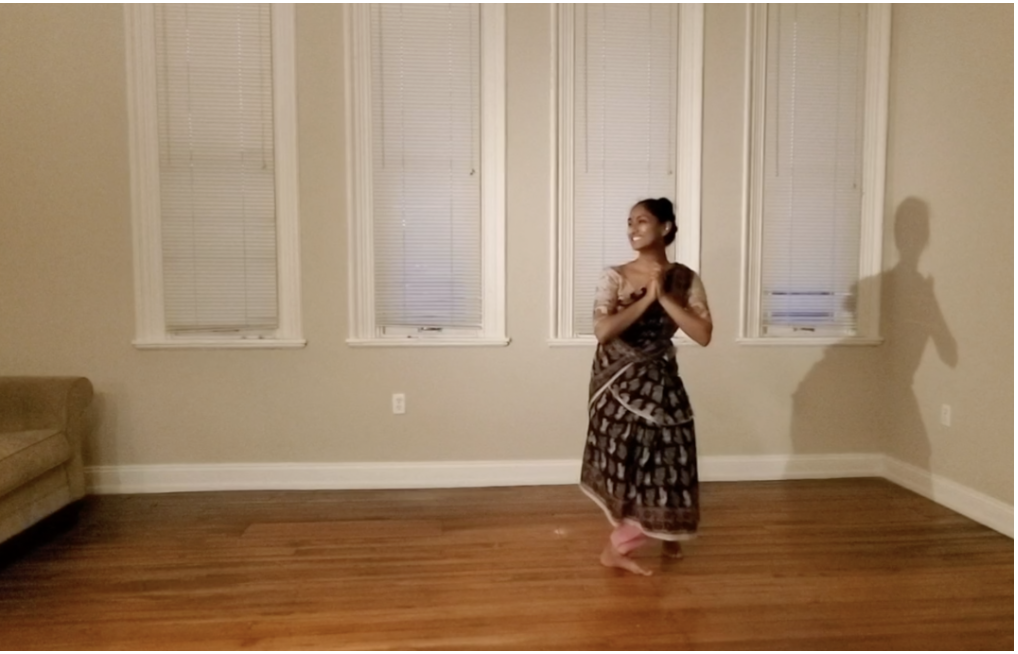Dance has always been a medium for me to express my emotions. It makes me feel alive and helps me process my experiences, including that with imposter syndrome. Imposter syndrome has been described as feelings of self-doubt, especially in high achieving people. Those experiencing imposter syndrome may be afraid of being deemed a fraud. It affects minorities and women more commonly and is associated with worse psychological outcomes.
In college, I had good grades, held leadership positions and worked on research. I had normalized the hard work and countless hours that went into being a high achiever, and yet, I still believed that my accomplishments were due to luck, and I did not feel like I was successful. When I began medical school, I thought that I would have luck with clinical skills as well. My first practice clinical encounter was with a standardized patient in front of my colleagues. She came in with a history of a heart attack, and I was supposed to take her history and counsel her on lifestyle changes. After interviewing her, I was met with a mile long list of criticism: she did not feel heard, I used too much jargon, she did not feel motivated from my counseling. I felt incapable. My colleagues had found out that I was an imposter. I could feel my colleagues talking behind my back and making fun of my lack of rapport with the standardized patient. I did not believe I was capable of being a future doctor.
This piece is choreographed through the Aseemkala Initiative choreography fellowship and is based on my past experiences. It is portrayed through Kuchipudi, an Indian classical dance form, in 2022 using music from Jayanthi Kumaresh.

